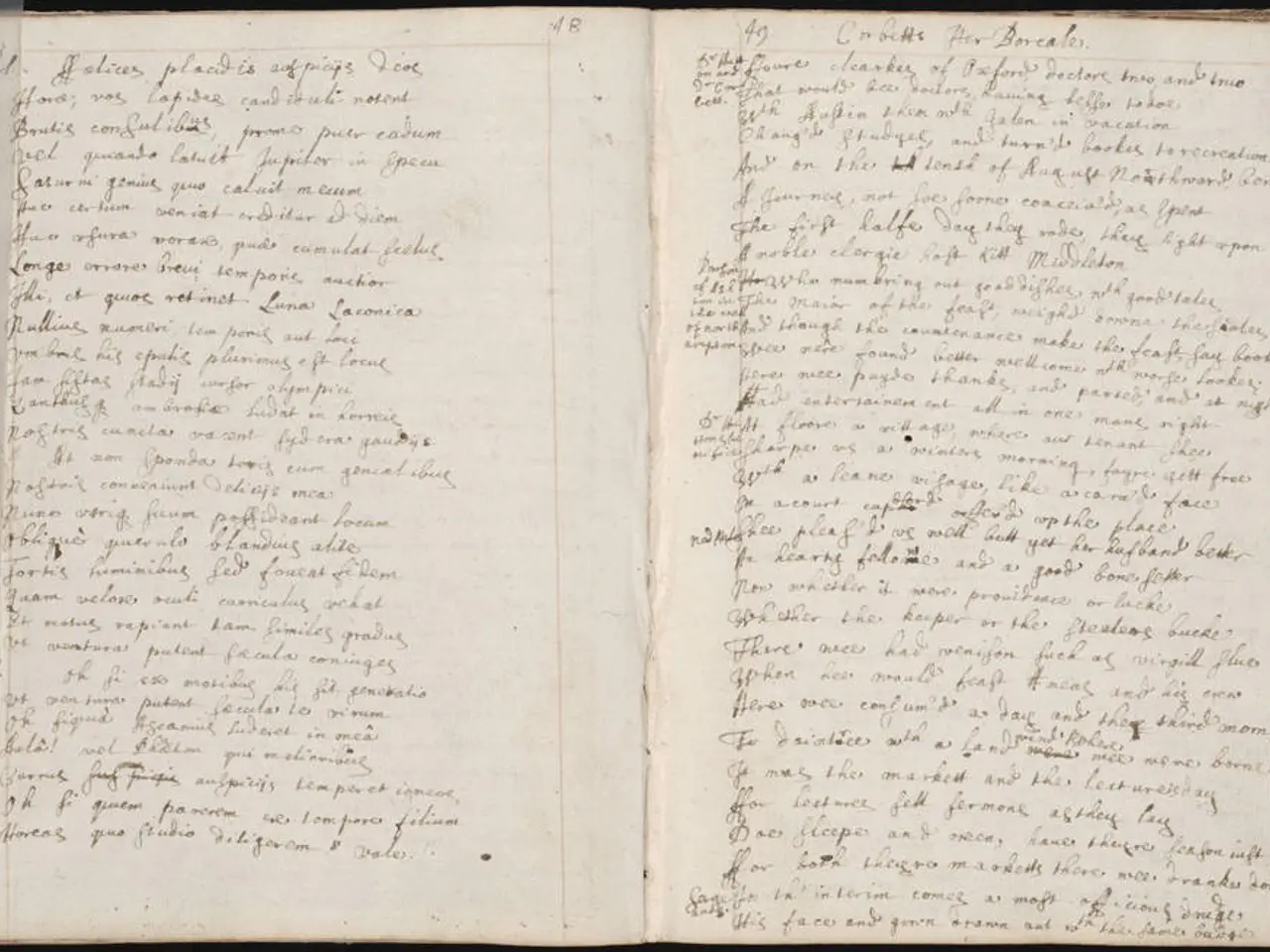Guide for Self-Publishing Authors: Obtaining an ISBN Effortlessly
In the world of publishing, understanding ISBNs, ASINs, and barcodes is essential for authors, especially those venturing into self-publishing. Here's a breakdown of these unique identifiers and their roles.
ISBN (International Standard Book Number) is a unique numeric identifier specifically for books. It identifies a particular edition of a book, such as hardcover vs. paperback, with numbers of either 10 or 13 digits (13 digits after 2007). An ISBN is globally recognized and helps bookstores, libraries, and distributors keep track of inventory and sales. It includes parts indicating the book’s country/language, publisher, and individual title.
On the other hand, ASIN (Amazon Standard Identification Number) is a unique 10-character alphanumeric code used internally by Amazon to catalog products. For books, the ASIN is identical to the book’s 10-digit ISBN. ASINs are specific to the Amazon marketplace and make it easier for customers to search and find products on Amazon.
Barcodes represent product identification numerically in a machine-readable format. For books, the barcode usually encodes the ISBN or a related GTIN (Global Trade Item Number) like UPC or EAN barcodes. These barcodes enable scanning at retail points of sale. While ISBN is a numeric identifier, barcode refers to the physical encoded symbol that scanners read.
The ebook version of your book (PDF, epub, Mobi, etc.) may or may not need its own ISBN, depending on where you submit it for distribution. If you sell your ebook directly from your website or publish it on Amazon Kindle (KDP), you don't have to use an ISBN. However, buying your own ISBN is a good idea for self-published authors who are printing their work. It helps your book look more professional, so it doesn't scream, "I'm self-published!"
ISBNs don't expire. Make sure to keep any login information for your ISBN agency in a safe place so that you don't lose access to any unused ISBNs you've purchased. Some ebook distributors require you to have an ISBN, though most major ebook retailers don't need one.
In summary, an ISBN uniquely identifies books worldwide, an ASIN is Amazon’s unique product code for books, and a barcode encodes product identifiers like ISBN in a scannable format. Understanding these identifiers can help authors navigate the publishing world with confidence.
[1] Book ISBN, ASIN, and Barcode Explained [2] Amazon ASIN: What It Is and How to Get One [3] ISBN, ASIN, and Barcode: What's the Difference? [4] ISBN vs ASIN: What's the Difference? [5] ISBN vs ASIN: What's the Difference?
- For a successful book launch, finding the right publisher, such as Publisher Rocket, is crucial, and understanding the role of book marketing is essential to ensure your lifestyle books reach their target audience in the home-and-garden and entertainment niches.
- Book marketing strategies often involve an effective use of ISBN, ASIN, and barcodes, enhancing the visibility and sales of books on various platforms, including online marketplaces like Amazon.
- In the world of publishing, having a professional-looking book, complete with an ISBN, can make all the difference between a successful launch and being lost among self-published titles. Keep the right resources within reach to maintain your ISBNs, as they don't expire, and ensure your self-published books stand out.




